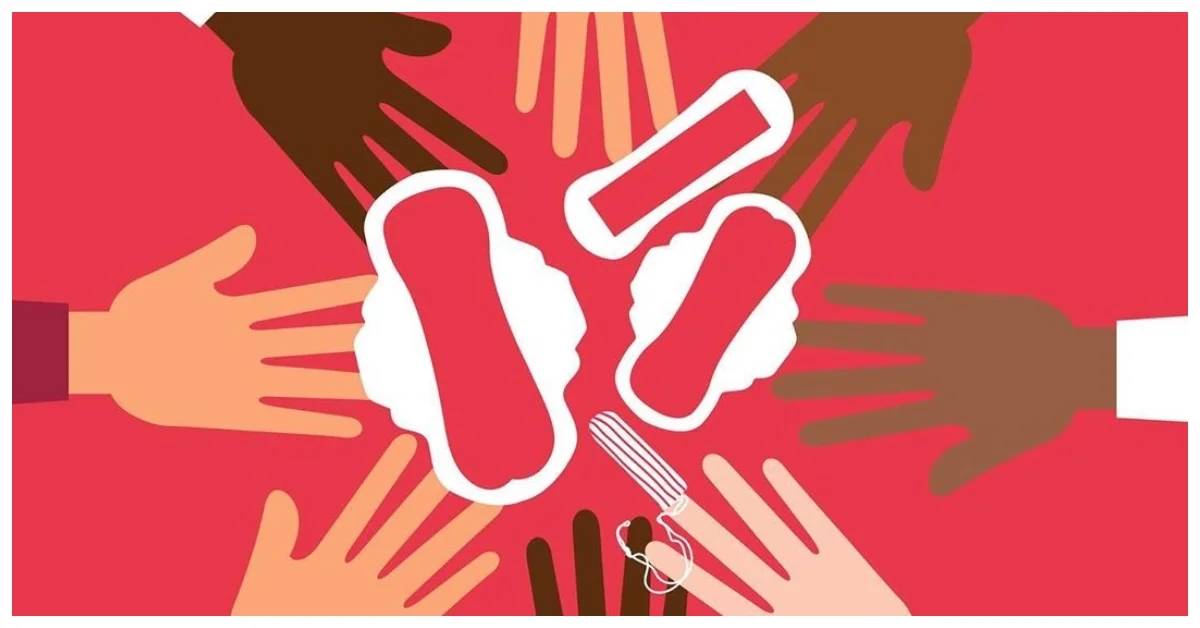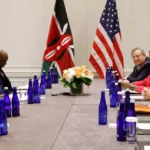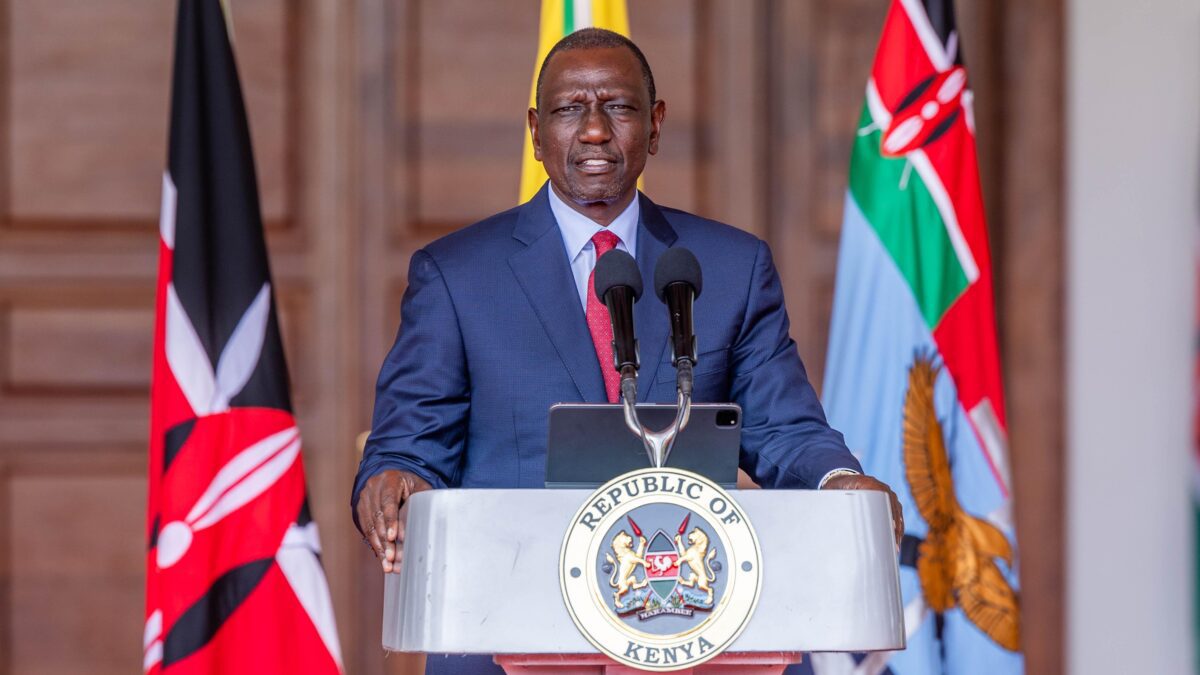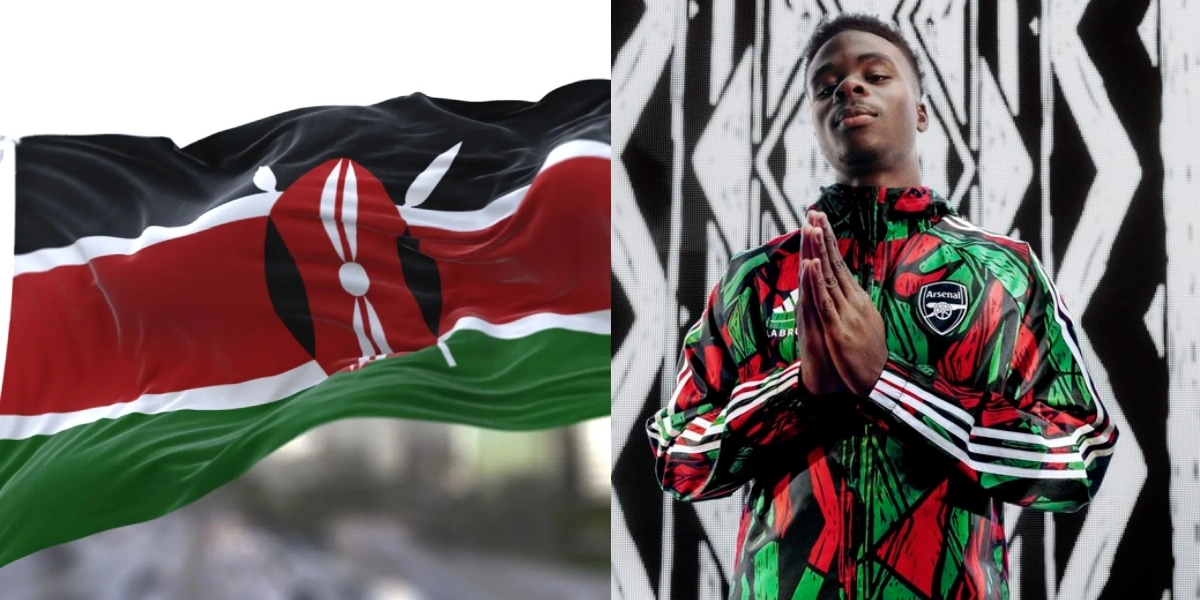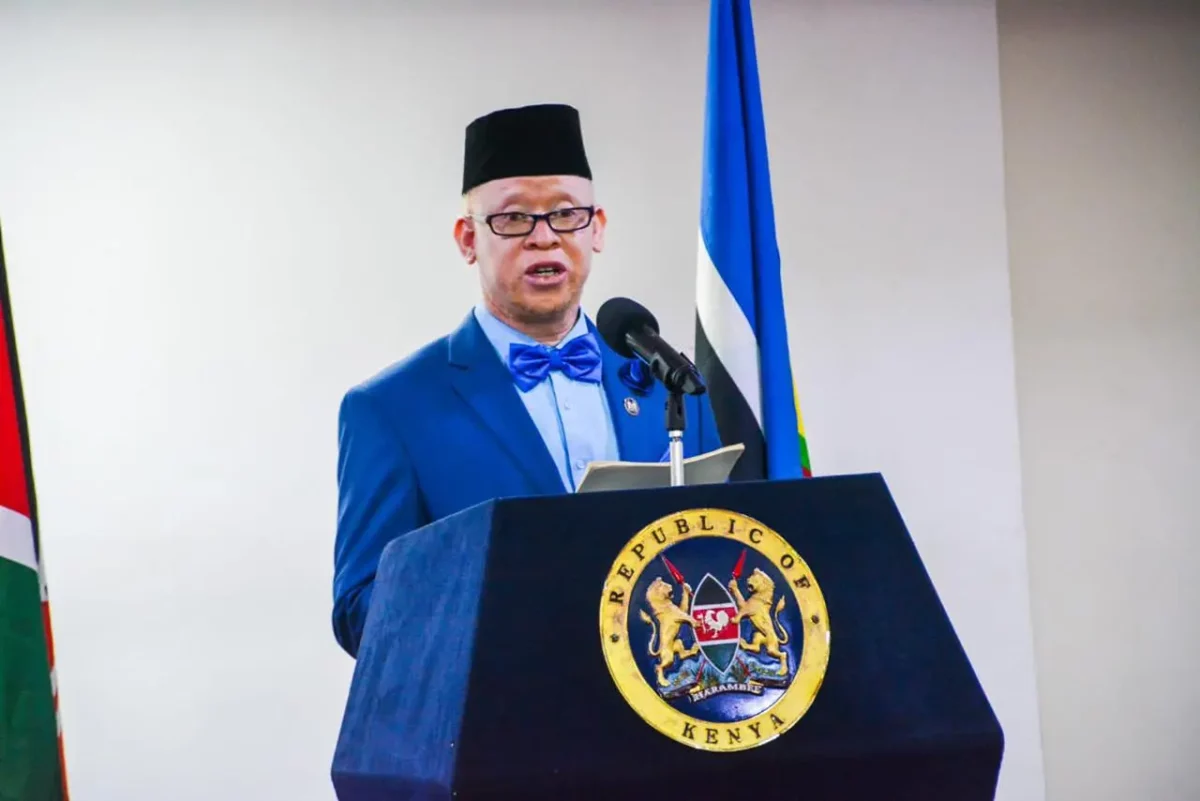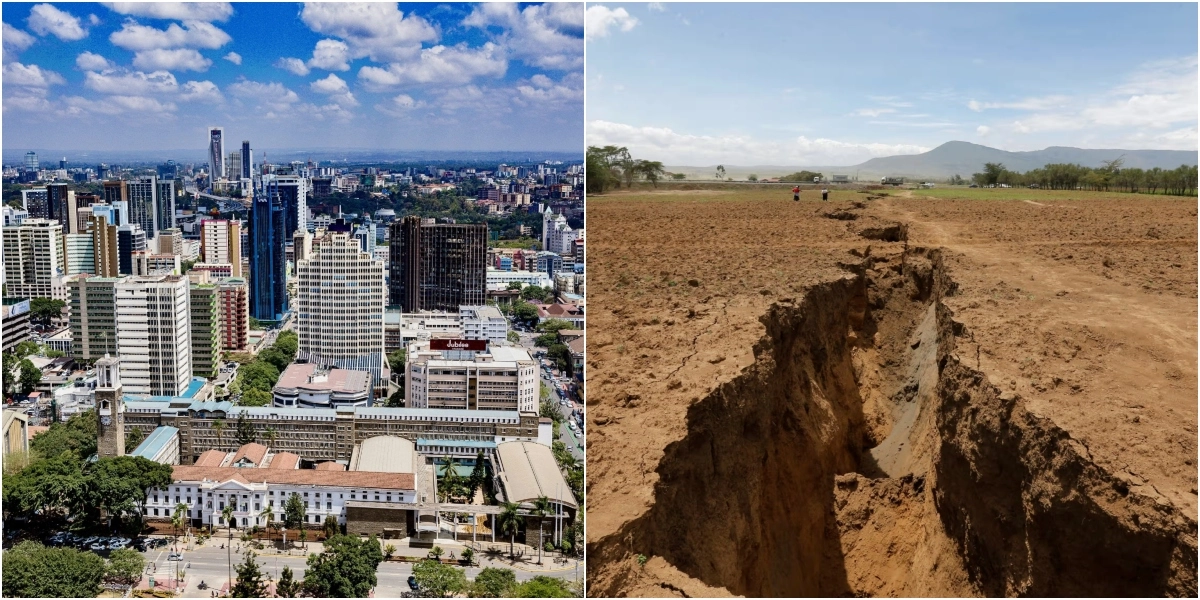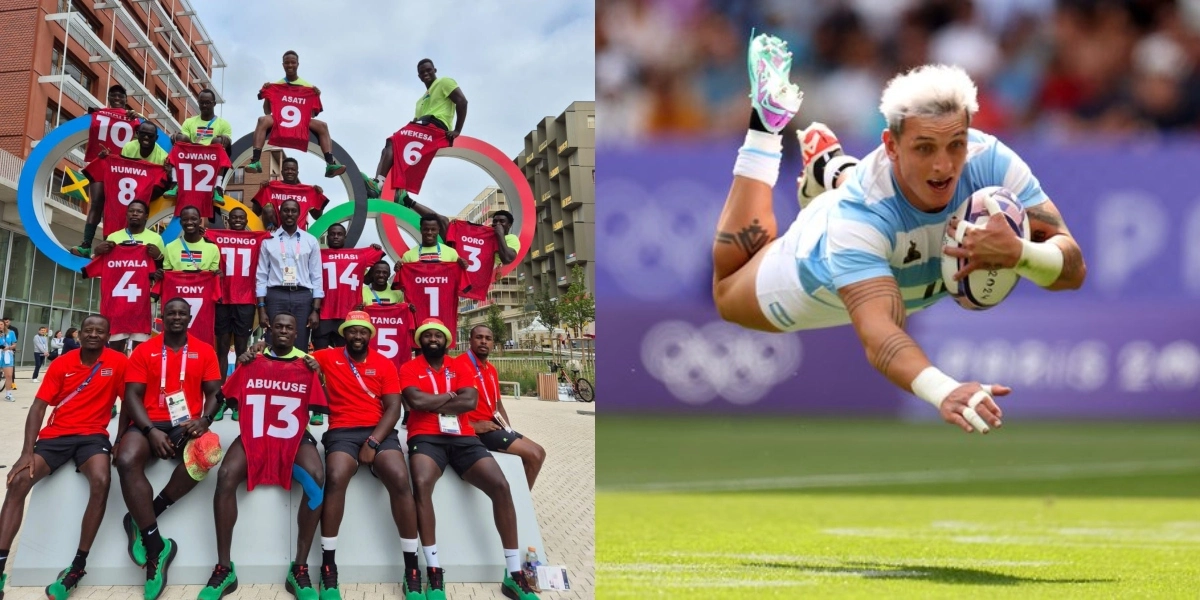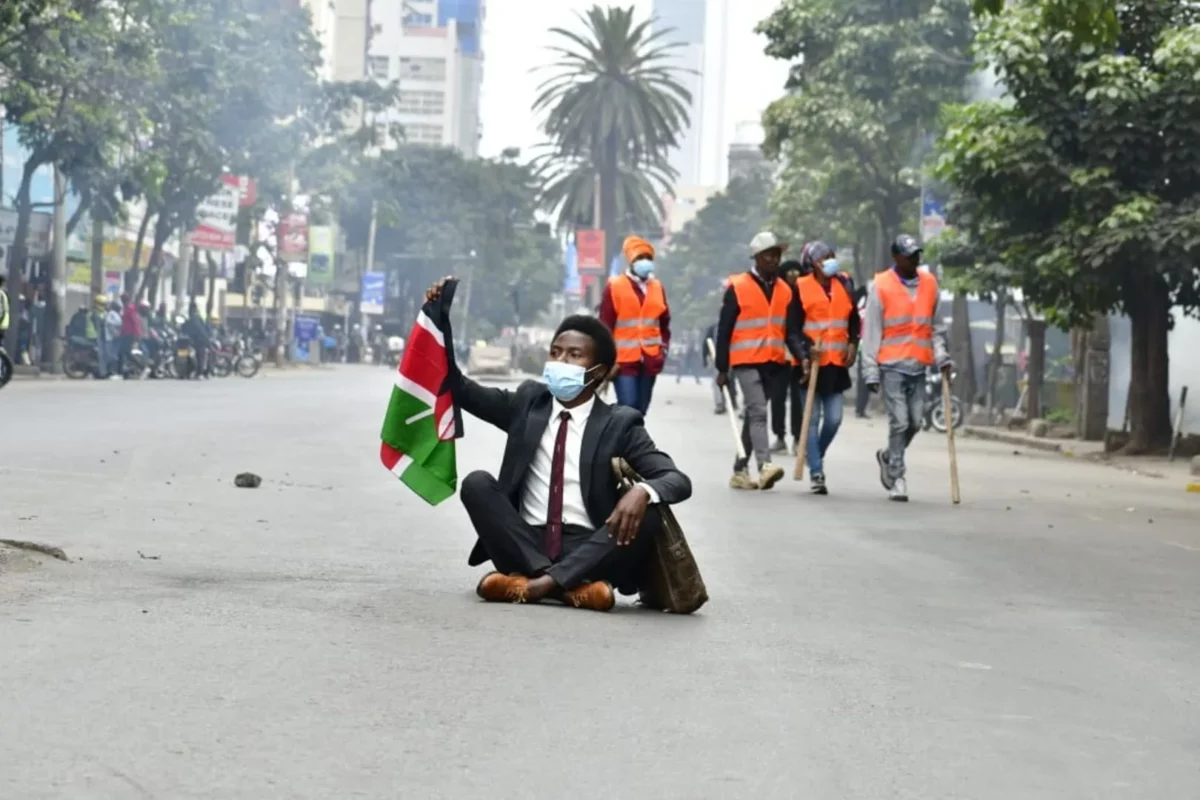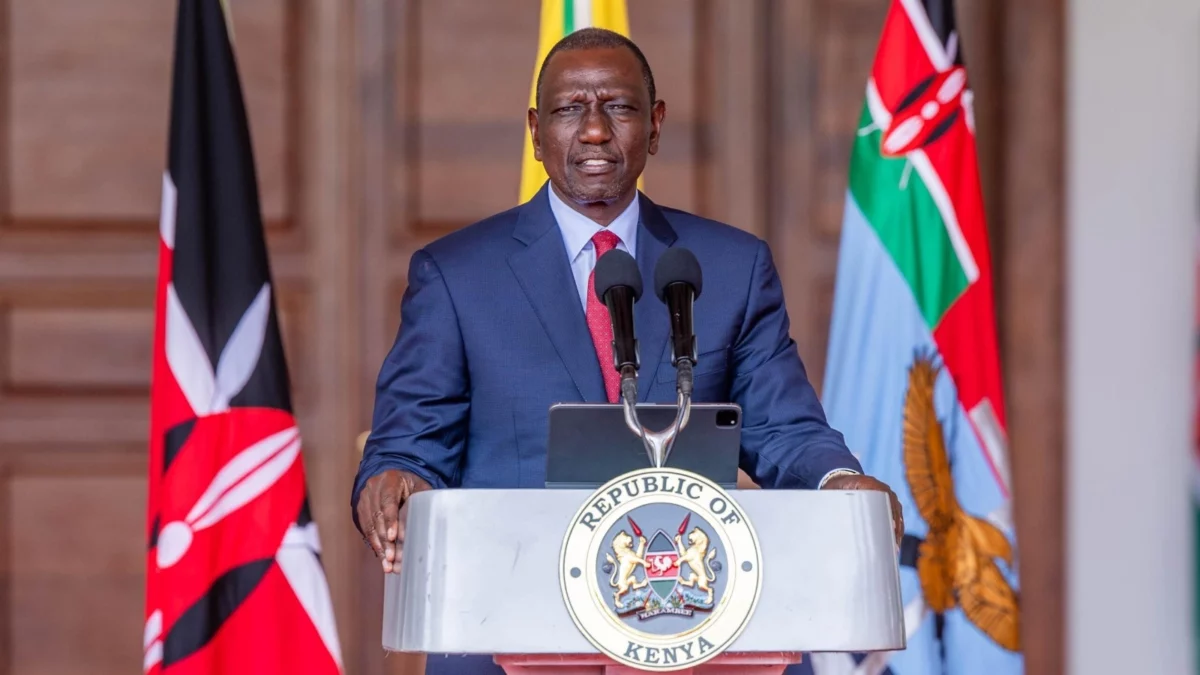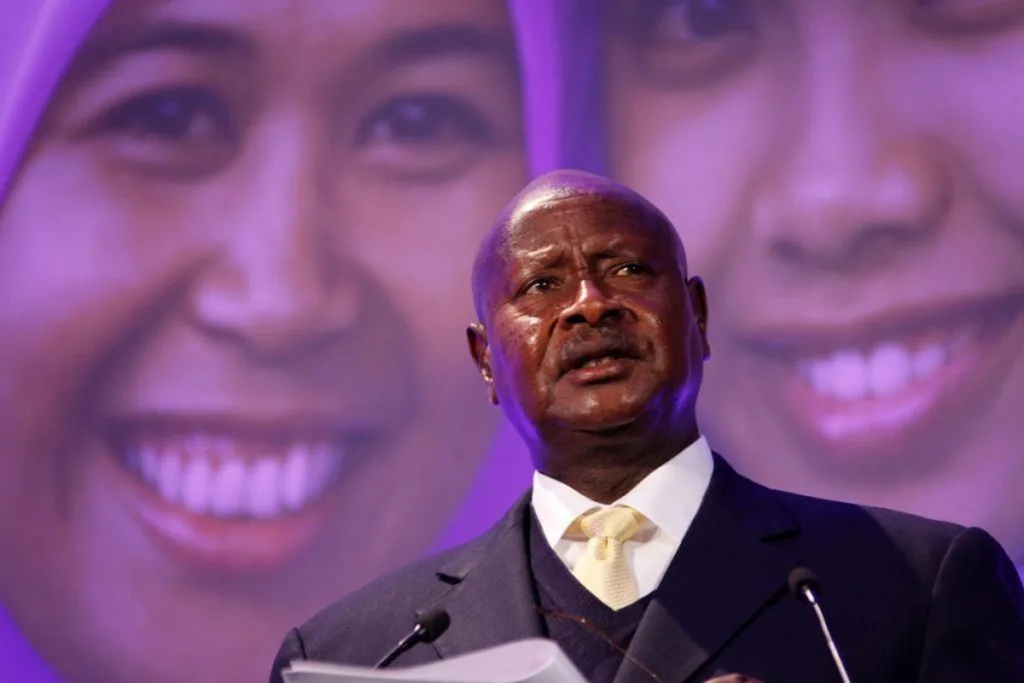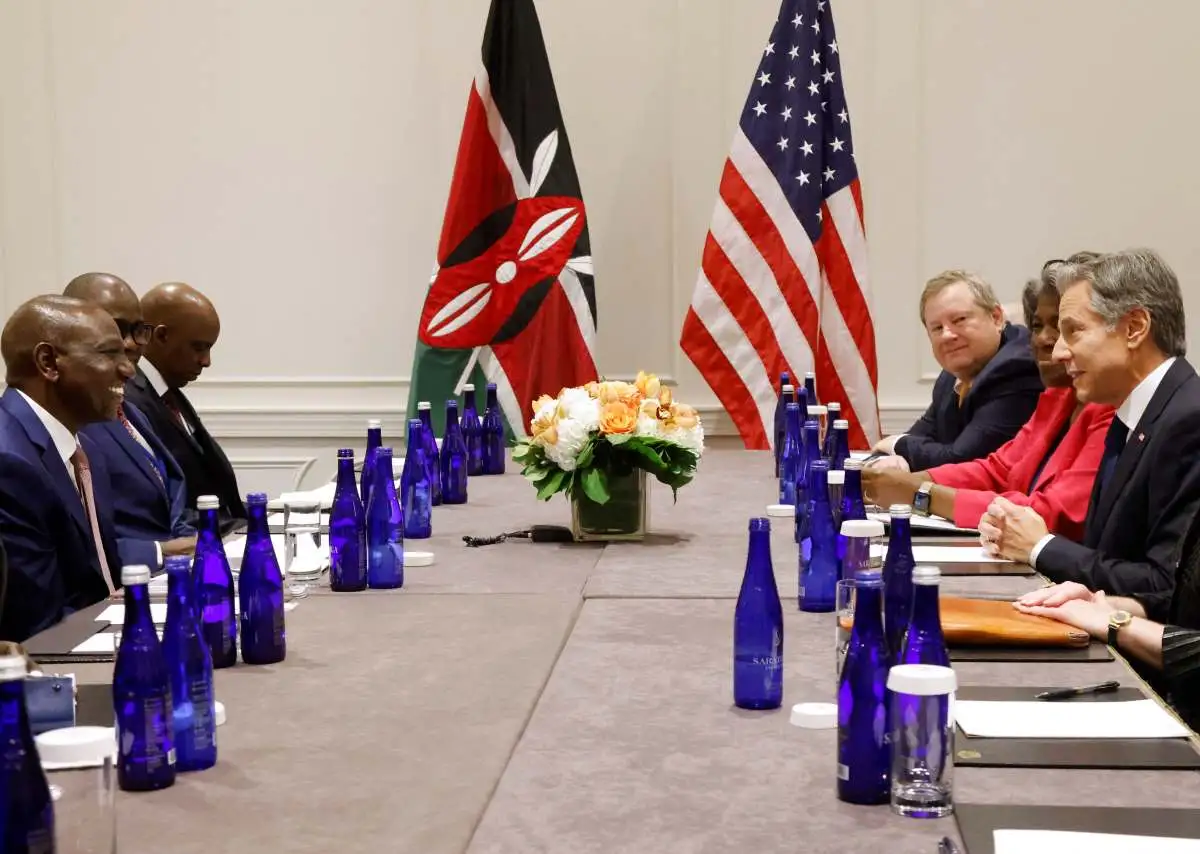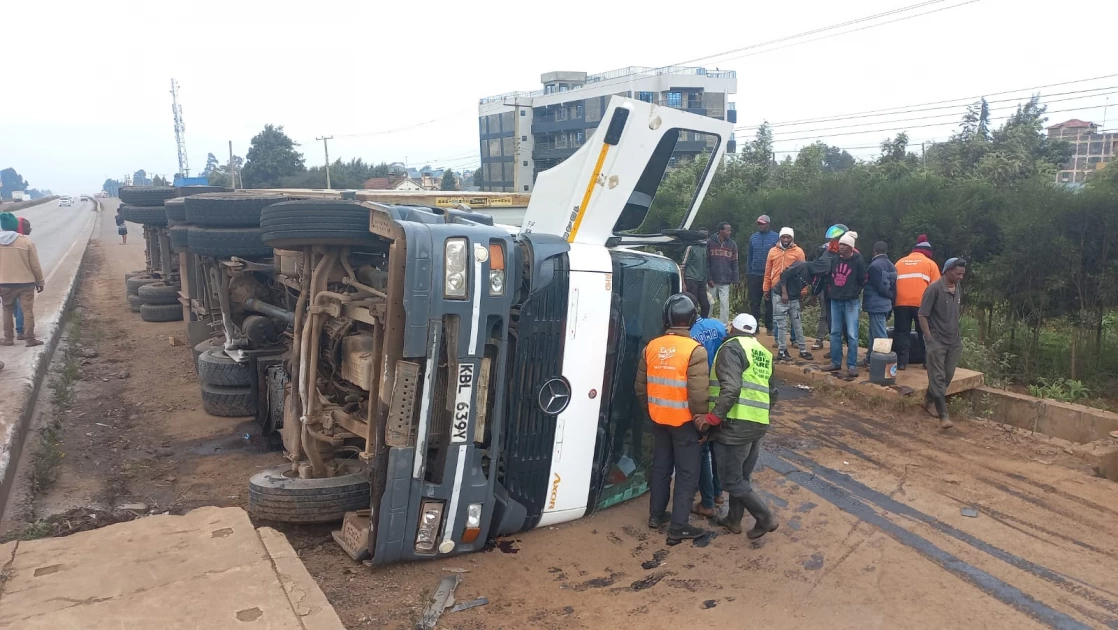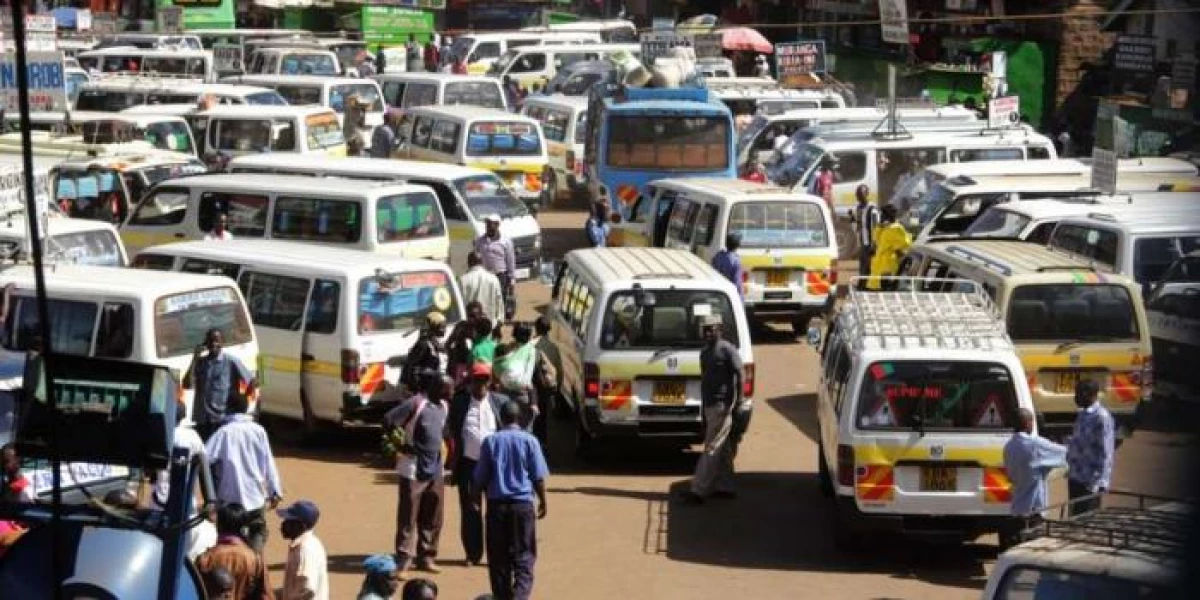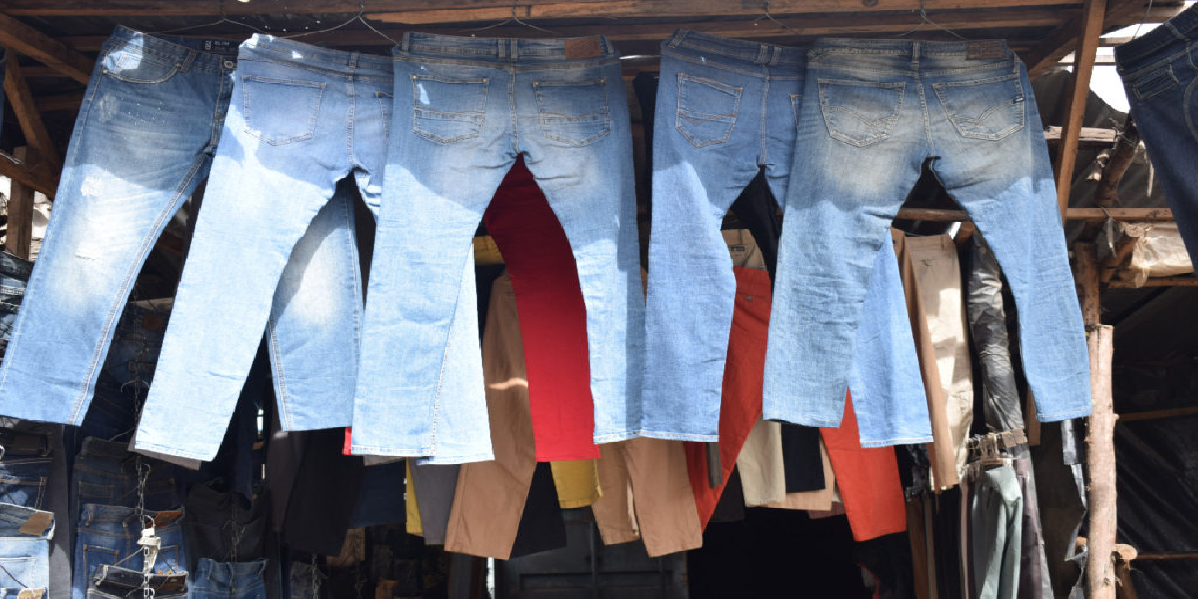According to Amref Health Africa, 65% of women and girls in Kenya cannot afford sanitary pads, a basic necessity during menstruation. Statistics around period poverty sadden me every time. Despite advancements in the 21st century, the persistent lack of comprehensive support for girls during menstruation remains a concerning issue.
Girls in Kenya, especially in marginalized areas, have to go through devastating experiences to support themselves during menstruation. Amref reports that in rural Kenya, two out of three pad users get them from sexual partners. It is unfortunate that a process that is meant to mark a transition in a girl’s life has become more of a punishment to them.
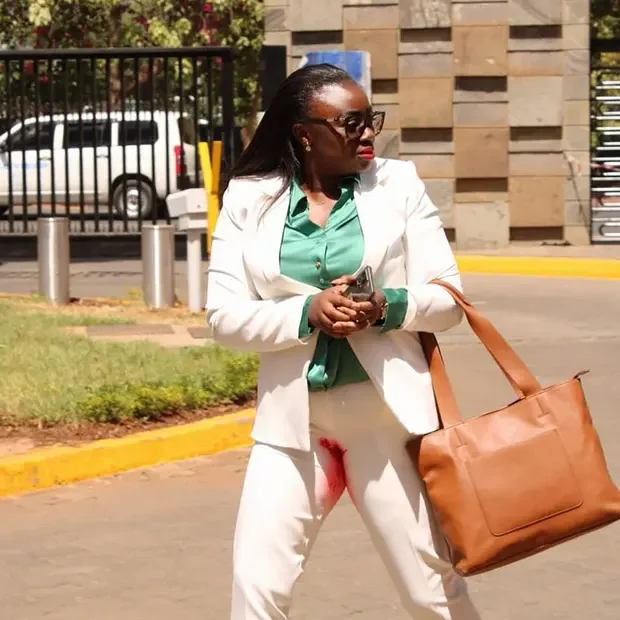
To mark World Menstrual Hygiene Day, Nairobi Governor Johnson Sakaja said that he will push for legislation to provide girls in informal settlements in the city with sanitary towels, every month. This is a good move considering the hike in prices of the period products. However, girls need more support than just pads during menstruation.
They need access to clean water, they need to be educated on menstrual hygiene management (MHM), and they need to be provided with proper sanitation facilities.
Read Also: Never Again: Khalwale Scolds Senator Gloria Orwoba For Wearing Stained Pants
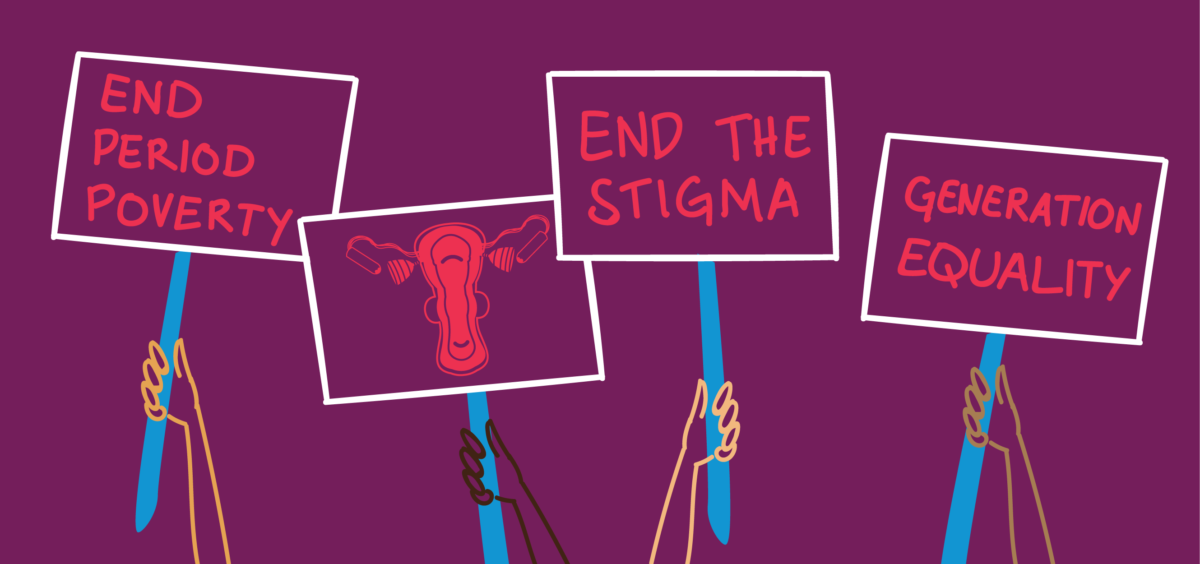
MHM education is key to breaking the stigma and shame surrounding menstruation. Involving both genders in education will also go a long way to ensure that menstruation-related myths and stereotypes are debunked, and a sense of understanding and support is promoted.
By engaging boys and men in these discussions, we can create a more inclusive and empathetic society that understands and respects the natural processes women and girls experience.
Subscribe to our Youtube channel Switch TV
There is an urgent need for more action to be taken in tackling period poverty. Lack of access to affordable menstrual products and adequate facilities places an unfair burden on women and girls who did not choose to menstruate but experience it as a natural and unavoidable part of their lives.
This inequality affects women and girls’ physical and emotional health, education, and general quality of life by perpetuating a cycle of shame, stigma, and limited opportunities.


